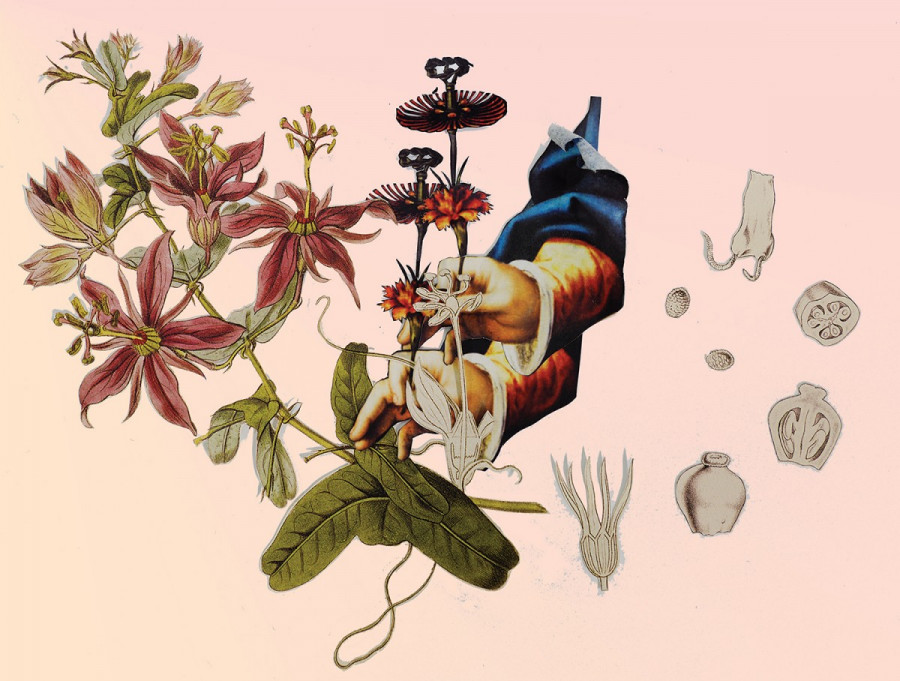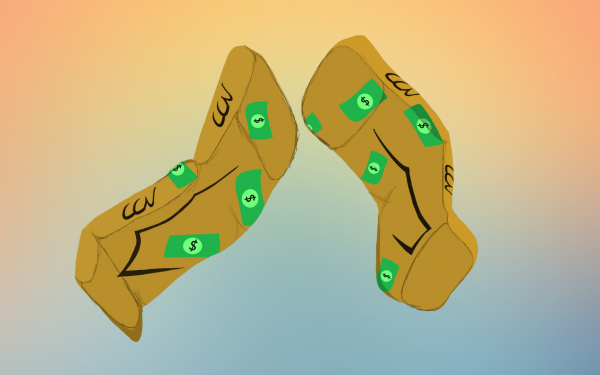Editorial: Let’s Keep the Discussion on Gender and Sexuality Going
Bringing the Marginalized Voices to the Front
In the wake of heavy conversations surrounding gender equality and body autonomy, we need to highlight the experiences of women, queer, and non-binary folks now more than ever.
With our Gender and Sexuality Issue, we aim to put those voices front and centre.
The stories in this issue vary, but all of them demonstrate the value of cooperation, sharing ideas, and fostering imagination and creativity in our efforts for gender inclusion and queer representation.
In this, you’ll read stories about biphobia, drag artists who are changing the scene in Montreal, and women who created a workspace and social hub for female entrepreneurs and independent workers, as well as so much more.
Two female entrepreneurs realized the need for their own social hub specifically for women to have a fair chance to thrive in the business world—a world created for men by men. It’s ideas like this that can foster creativity in a safe and inclusive space.
Biphobia is real, and many people experience hate or misunderstanding from both straight and queer people. It’s an ongoing struggle that needs to be openly talked about to get rid of the bisexual stereotypes that dominate in our society.
Drag performers have been challenging gender norms since the 1920s, and have faced discrimination for decades. Four local drag queens continue to protest gender norms by putting on shows in local cabarets and theatres. They teach us about putting our identity forth into the world regardless of the stereotypes or mainstream opinion.
Similar to our other magazines, we aim to make this issue as inclusive as possible. Although the articles within these pages tell different experiences, our hope is that something will resonate with our readers and lead to some much-needed reflection.
We believe that, when reading these articles, it’s important to remember that different forces of oppression intersect to affect us in different ways. Intersectionality acknowledges that our experiences with oppression vary, and that we can recognize the universality of our situations while still highlighting and understanding the implications of our differences.
These stories are the individual experiences of people navigating the forces of oppression which marginalized communities encounter. That individuality shapes our perception, and it’s important to keep that in mind.
We always have to remind ourselves that women, queer, and non-binary people face these challenges on a day-to-day basis. Dialogue about how to eliminate those challenges must be ongoing, and we hope that stories like the ones in this issue serve to do just that—to make sure that the voices of the marginalized are at the forefront.


_600_832_s.png)


